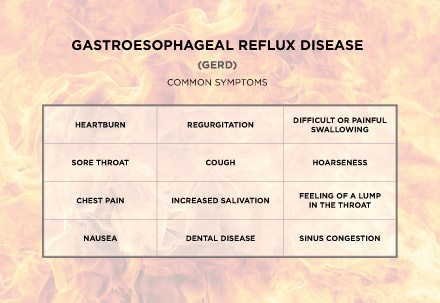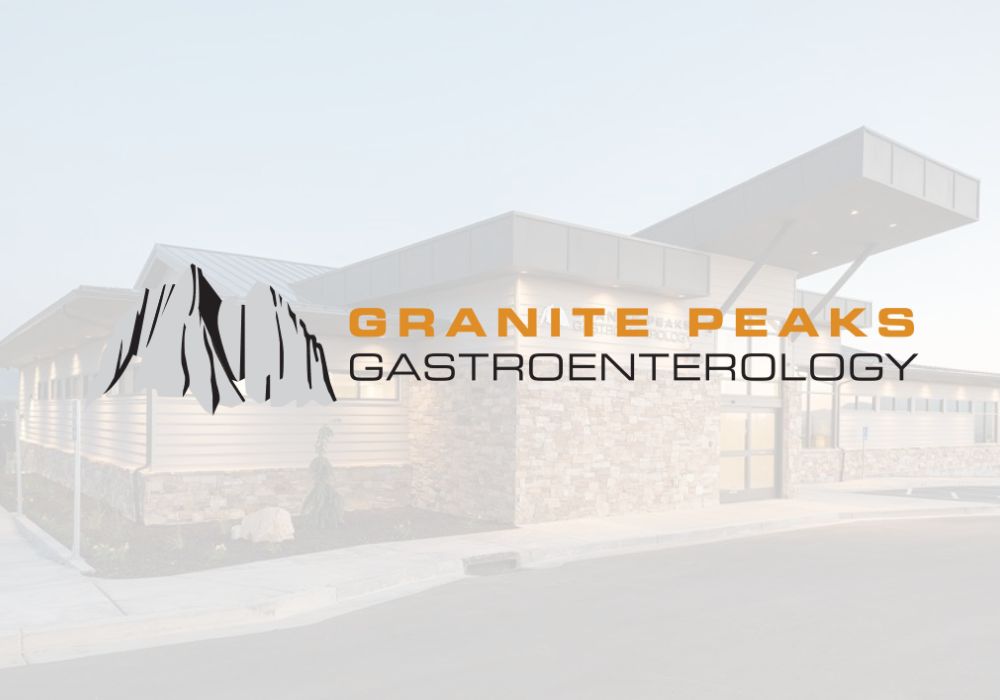How do you know when heartburn is something you should see your doctor about? Heartburn may be a symptom of Gastroesophageal Reflux Disease (GERD). If it is GERD, it needs to be diagnosed so further damage to the esophagus is minimized. There are simple steps that can be taken to manage your acid reflux and immediately improve your quality of life.
What is GERD?
When we eat, food is carried from the mouth to the stomach through the esophagus. At the lower end of the esophagus where it joins the stomach there is a ring of muscle cells called the lower esophageal sphincter (LES). After swallowing, the LES relaxes to allow food to enter the stomach. The LES then tightens to prevent food and acid from traveling back up into the esophagus. GERD occurs when the LES weakens, allowing stomach contents and acid to back up into the esophagus, causing troubling symptoms and complications.

Who gets GERD and when should you see a doctor?
GERD affects 15 million adults in the U.S. on a daily basis. Those who suffer with it may find it most prevalent if they eat late at night, eat acidic or spicy foods, or lie down soon after eating. Those who are overweight, smoke, drink alcohol, or are pregnant may also be more prone to GERD symptoms. If symptoms occur more than once per week, are prolonged, or if you are unable to control the symptoms with lifestyle modifications and/or medications, you should see your gastroenterologist. Do so immediately if you have any of these warning symptoms:
– vomiting blood
– passing black stool
– difficulty swallowing
– unexplained weight loss
– anemia
– chest pain
What happens if you don’t treat GERD?
Untreated GERD may lead to the following complications:
– a narrowing of the esophagus which causes difficulty swallowing
– ulcers in the esophagus which can cause bleeding
– aspiration of acid into the lungs which may cause pneumonia or asthma
– Barrett’s esophagus which is a pre-cancerous lining of the esophagus
– esophageal cancer
How is GERD diagnosed?
Your doctor may be able to diagnose GERD based upon your symptoms and response to therapy. If you have any of the classic warning symptoms mentioned above, your doctor may recommend an upper endoscopy. An upper endoscopy is a painless procedure performed under light sedation where a tiny lighted camera is passed through your mouth into your esophagus.
How is GERD treated?
Lifestyle modifications that can help decrease symptoms include: raising the head of the bed (placement of 6 inch blocks under the head of the bed), waiting at least 3-4 hours after eating before lying down, avoiding tight-fitting clothing, avoiding smoking and alcohol, losing weight, and eating smaller meals.
Foods that can commonly aggravate GERD include: fatty foods, chocolate, peppermint, alcohol, caffeine, and citrus drinks. There may be other aggravating foods specific to each patient.
Medications can be used to help treat GERD, including antacids such as Mylanta and Maalox, H2 blockers such as Zantac and Tagamet, and proton pump inhibitors (PPIs) such as Prilosec and Prevacid.
Summary
In summary, occasional heartburn is usually not a cause for concern. But if you experience heartburn more than once per week, lifestyle modifications are not working, or if you have any of the warning symptoms listed above, please make an appointment with one of the specialists at Granite Peaks Gastroenterology in Sandy or Lehi.


